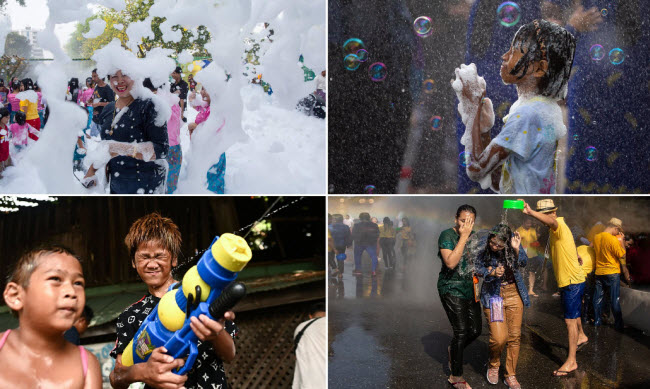Thailand is renowned worldwide for its diverse and unique festivals, some of which are particularly unusual and intriguing, such as the Monkey Buffet Festival. Among the most significant and lively is the Songkran Festival, a crucial event marking the Thai New Year. Traditionally held from April 13th to 15th, the celebration has recently been extended to include two additional days, from April 12th to 16th, to allow people to travel home and celebrate with their families. The festival is named after a Sanskrit word meaning “transition” or “change,” and one of its most iconic features is the water fights that erupt in the streets.
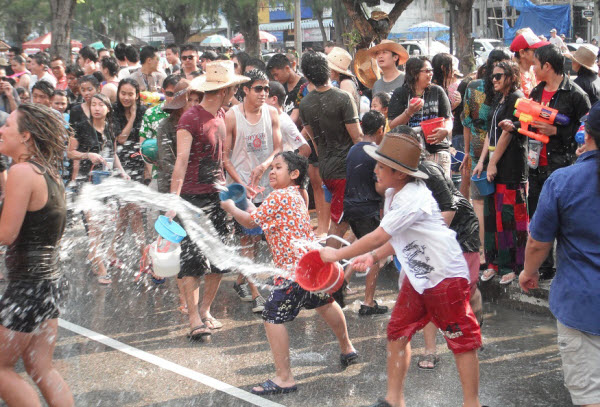

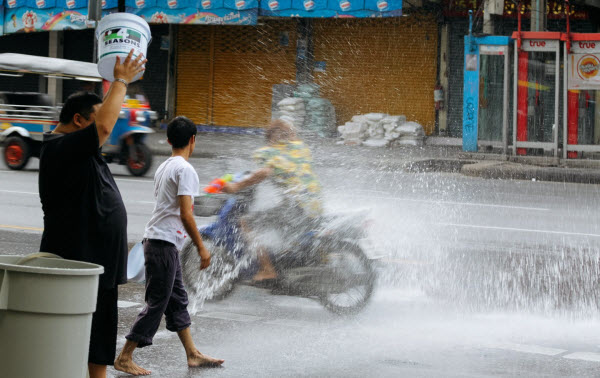
The origins of Songkran can be traced back to an ancient Thai tradition where locals would collect water and pour it over Buddha statues, as well as on the shoulders and trunks of village elders and family members. This act was believed to spiritually purify individuals, cleansing them of bad luck and wrongs from the past year while blessing them with prosperity and happiness for the coming year. Over time, this spiritual practice evolved into a social event, transforming into a nationwide water fight festival held every April in Thailand’s sweltering heat.
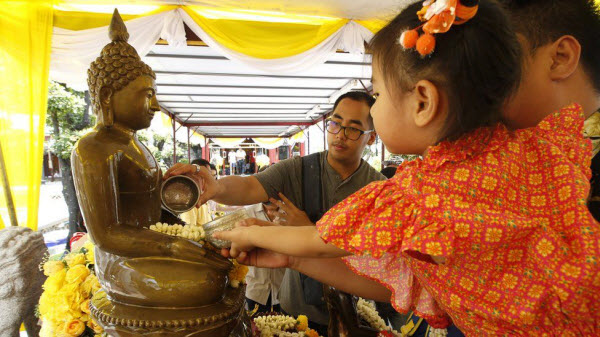
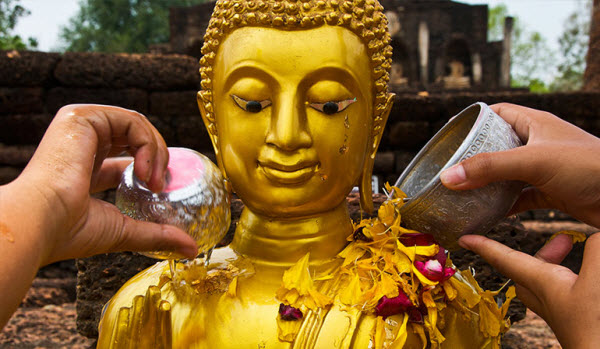
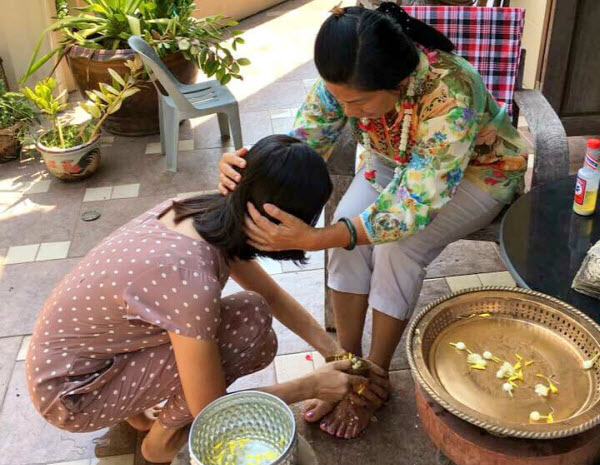
During Songkran, the festivities are not limited to water fights. Family values play a significant role in the celebrations, with many Thais traveling to their hometowns to spend time with their elderly relatives. They also visit temples to make merit, seek forgiveness, and pour water over Buddha images and the hands of Buddhist monks and elders as a sign of respect.

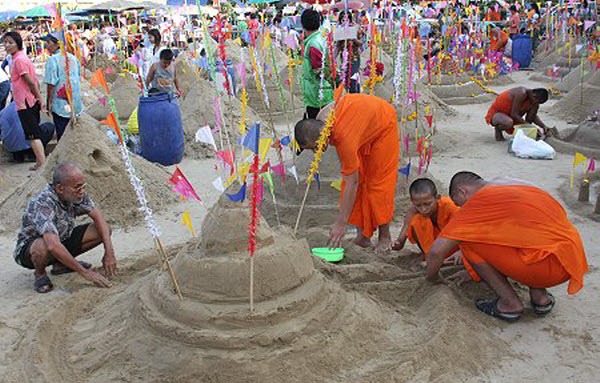
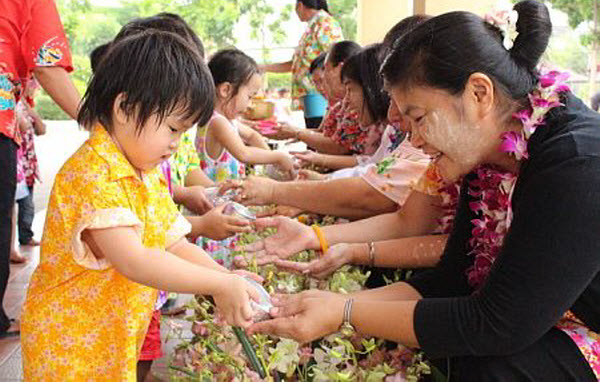
The festival begins on April 13th, known as “Songkran Day,” with processions featuring Buddha images and water being poured over them in temples. Thais prepare for the new year by cleaning their homes, and this day marks the start of water fights where people splash water on each other. The next day, April 14th, is “Wan Nao,” the day before Thai New Year’s Eve. It involves preparing food and offerings for monks and temples while also paying respect to the elderly. Young people prepare scented water to wash the feet of their parents in a ritual known as “Rod Nam Dam Hua,” receiving blessings in return. Additionally, sand is collected and transported to local temples to create sand pagodas, symbolizing the dust carried on feet throughout the past year.
On the final day, April 15th, the Thai New Year is celebrated with visits to local temples to offer food and offerings to monks, who pray for the attendees. Participants also engage in various rituals believed to bring good luck for the new year.
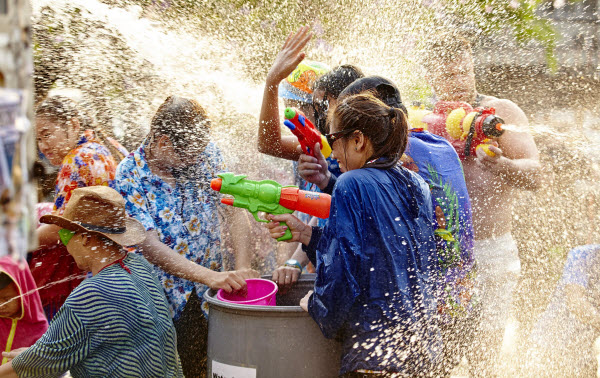
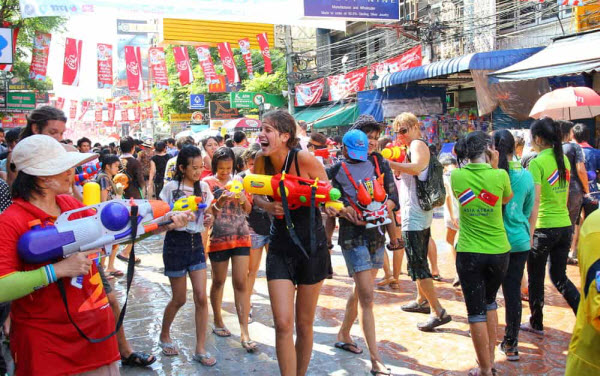
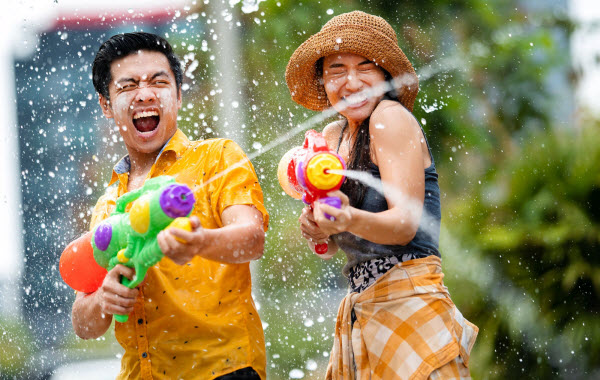
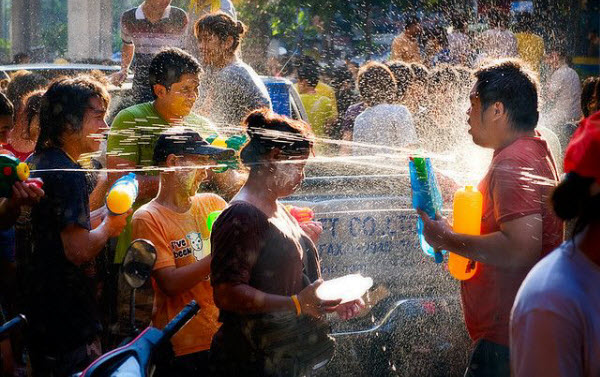
While Songkran is celebrated across Thailand, the city of Chiang Mai in the north hosts one of the largest Songkran festivities in the country. The Khao San Road in Bangkok is another popular venue for the celebration, where locals and tourists alike gather to engage in water fights using water guns, hoses, and buckets. The streets become drenched, with vendors selling water guns of all sizes and colors, while children use paint buckets to dab others, especially foreigners, with colorful powder, cheerfully wishing them a “Happy New Year.” Traditional foods are enjoyed throughout the festival, adding to the vibrant and festive atmosphere.
